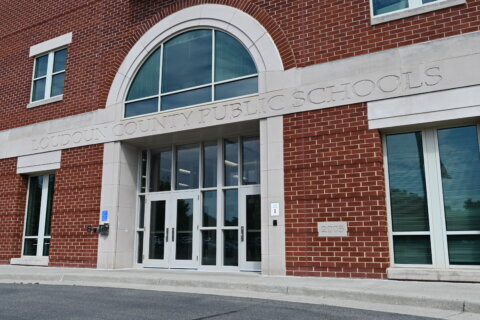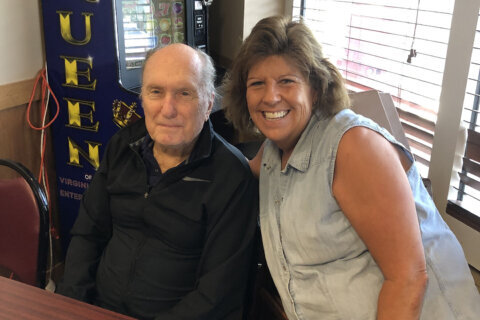WASHINGTON — Loudoun County is weighing an initiative that would give the county control of traffic studies, which are currently done by developers who want to build residential and business projects in the area’s wealthiest and quickest-growing jurisdiction.
Right now, developers hire traffic consultants to assess how future development would affect traffic in a given neighborhood. The county uses the privately conducted studies in determining what roads need to be built or altered (usually by the developer) before the county grants approval for a land-use application.
“Not surprisingly, I have yet to see a traffic study come forward that doesn’t say what an applicant wants it to say,” said Supervisor Matt Letourneau, R-Dulles, who co-authored the initiative with Supervisor Tony Buffington, R-Blue Ridge.
“The contractor works for the developer’s best interest when making assumptions for the impact analysis study, resulting in traffic mitigation recommendations that don’t actually address the impact of the development,” said Buffington.
Letourneau said traffic studies are required when developers apply for rezoning or special exceptions — for instance, building more homes than the area’s base density allows.
The supervisors say the studies are highly dependent on the subjective assumptions of traffic consultants.
“Some of those assumptions are really where I think we’ve had problems,” said Letourneau.
He cited a recent application for a dance studio near Evergreen Mills Road and Belmont Ridge Road. Letourneau said the consultant determined a separate turn lane would not be necessary because ongoing road projects nearby would likely minimize traffic at the intersection.
“I’m looking at this and saying, ‘Well, if a single car is trying to take a left into this property, and it’s rush hour, they’re going to back this intersection all the way up, right?'” Letourneau said.
Letourneau pointed to recent road improvements on Route 50, between Fairfax and Loudoun Counties, as an example of how contractors’ assumptions often don’t come to pass.
“I can tell you the traffic study, two or three years ago, said once the road was widened, we were going to have all this relief — it hasn’t happened,” he said.
Buffington and Letourneau said other counties in Virginia have county-controlled processes that are similar to their initiative.
Letourneau doesn’t believe having the county in charge of traffic studies would be a major deterrent to developers, since with the current setup, the Board of Supervisors periodically delays projects further along in the process.
With a new protocol, Letourneau said, developers could likely get their projects completed sooner.
“The most important thing you hear from businesses is, they want certainty,” he said. “They want to know what their process is, what their timeline is; they want to know how long it’s going to take.”








